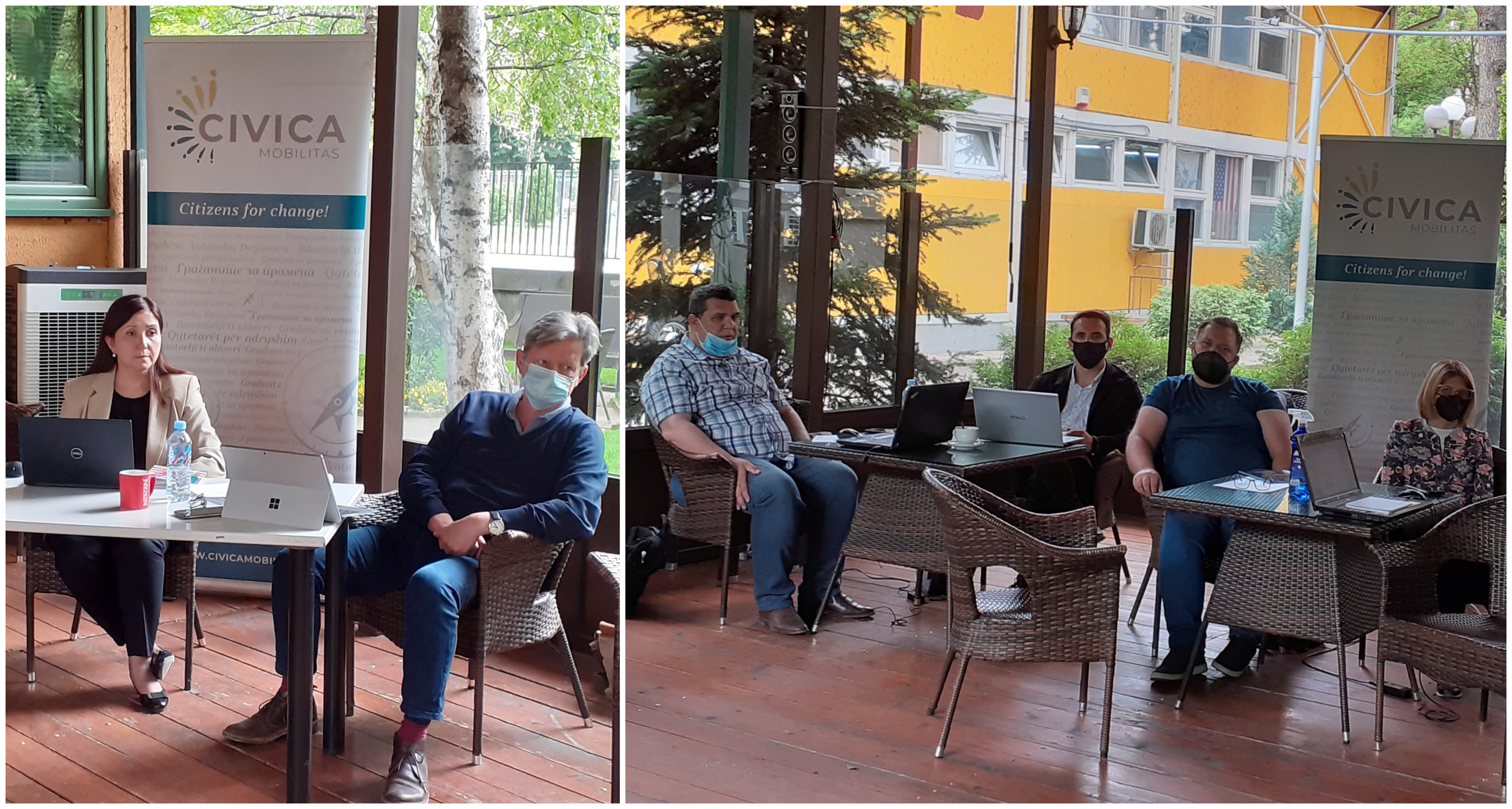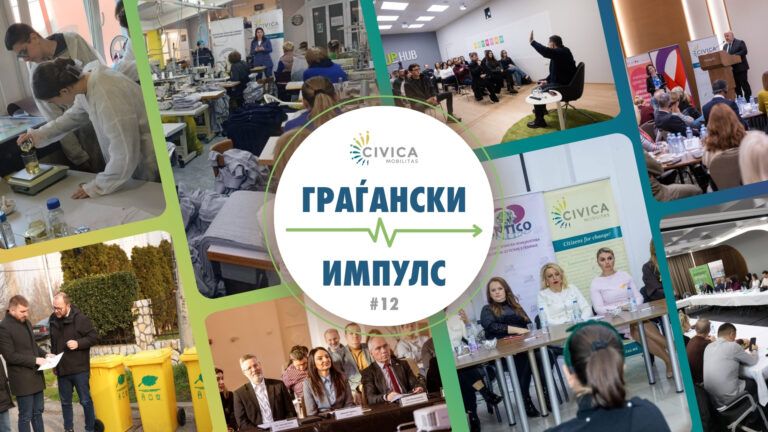CIVICA MOBILITAS BENEFICIARY IMPACT ASSESSMENT
Civica Mobilitas is the first program in RN Macedonia, but also in Europe, which will be a subject of Beneficiary Impact Assessment (BIA).
This is a unique and innovative process which includes the citizens and CSOs, i.e. Civica Mobilitas beneficiaries. Their assessments will be collected via interviews, focus groups and direct monitoring. The analyses of the answers will show if and to what extent Civica Mobilitas has had impact on social changes. The field information will be collected by around 80 civic monitors, and the collection of information itself will last about a month.
The structure of the Beneficiary Impact Assessment functions independently, outside the program team which implements the activities. In this way, the influence of the implementors is eliminated and the objectivity of the assessment is secured. Apart from the civic monitors, there are also co-facilitators included in the structure, as well as a national facilitator. Civica Mobilitas has selected eight co-facilitators who, together with the civic monitors, will cover all eight planning regions.

Apart from the impact on social changes, the Beneficiary Impact Assessment will also focus on lessons learnt from assisting the CSOs to work more effectively with their beneficiaries and the ways of communication between Civica Mobilitas and CSOs and their beneficiaries, as well as their effectiveness. The implementation of the overall process of the Assessment will enable that a methodology is tested which can later be used by CSOs to implement their respective beneficiary assessments.
So far, there have been three trainings of co-facilitators held, where they got acquainted with the concept of Beneficiary Impact Assessment, is principles and standards. They also spoke about who the beneficiaries actually are and what the key questions for them would be. They were presented the techniques and tools for data collection.
The National Facilitators for the Beneficiary Impact Assessment is Liljana Alcheva. She has set the work methodology, she will coordinate the co-facilitators and she will manage and oversee the process of data collection, preparation and confirmation of the report.
The results of the analysis of the Beneficiary Impact Assessment are expected to be submitted to Civica Mobilitas in October 2021.








![Sre]ni praznici(2)](https://civicamobilitas.mk/wp-content/uploads/2025/12/sreni-praznici2-768x432.jpg)
